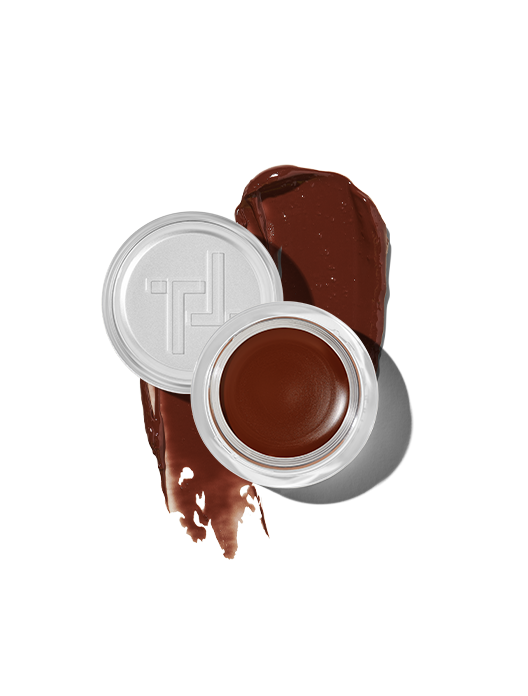
 Naomi
Naomi
Golden Glow
Cremiger Bronzer für einen Hauch sonnengeküsster Wärme auf der Haut

The aim of a bronzer is to mimic the effects of a natural tan. “A bronzer is going to make your skin look sun-kissed,” says Katie Levy, Pro Makeup Artist at Trinny London. “It brings that lovely glow, especially to skin that was previously feeling washed out or dull.” It makes sense, therefore, as not everyone tans differently, and not everyone has the same skin tone to start with, that one shade of bronzer won’t suit everyone.
You might be someone that easily changes colour in the sun, with just one afternoon in the garden enough to reward you with a could-have-been-to-the-Maldives kind of glow. Or, you could be quite the opposite, and feel like your skin never changes colour, no matter how long you lie on your sunlounger for. “Some people tan really golden, some people tan really red, and some don’t tan at all,” explains Katie.“ A one-size-fits-all bronzer doesn’t make space for these differences, assuming instead that everyone will suit an orange-tinged bronzer.
The first step towards finding the right bronzer shade is to consider your skin tone. A bronzer should be, roughly, around a shade or two darker than your regular skin colour in order to deliver a realistic-looking radiance. Go too dark, and you run the risk of your bronzer looking muddy. Too pale and it will do the opposite of bronzing and end up highlighting and lightening the areas you apply it to instead.
If you tan well, you may even find that you need to change your bronzer shade depending on the seasons, just as you might your foundation. What works to bring life to your complexion during the winter months can become too light by the time you’ve picked up some summer sun.
It’s worth noting here that those with very deep or very pale skin can feel excluded from the conversation around bronzer, and feel that the category isn’t for them. It’s the strike of the one-size-fits all bronzer again, perpetuating the myth that only those with a medium to olive skin tone can use bronzer. When in fact, it is possible to find bronzers designed for all skin tones in the spectrum. Our Match2Me tool will help to guide you through the process, delivering you a personalised cheat sheet of your perfect shades.
Undertones matter when it comes to bronzer too. Again, it’s about how you tan. “When you look at a bronzer, you should think about how you tan naturally,” advises Katie. “Do you go a golden colour? Or maybe a reddish bronze?” If you're golden you’re more likely to have a warm undertone, and a cool undertone if you tan with a touch of pink or red. Using a bronzer with the wrong undertones for you can mean the finish looks false and unnatural.
Not sure what undertones you have? There are a couple of quick tests that can help you identify whether your undertones are cool, warm or neutral. First, pop on a white top and sit in front of a white or neutral background. Or, if you’re short on time, simply hold a piece of white paper against your skin. Does your complexion look more yellow or golden-toned by comparison? In which case, you have warm undertones. Skew on the pink or red side? You have cool undertones. If you don’t feel like you can decipher one way or the other, your undertones are neutral.
Another way to identify your undertones is to hold a piece of silver jewellery against your skin, followed by a piece of gold jewellery. If silver jewellery flatters your skin most, then you have cool undertones. The same applies for gold jewellery and warm undertones. Again, anyone sitting in the middle is likely neutral.
In order to create a contrast, bronzer should almost always be darker than your foundation. The only exception is if you didn’t want to create the illusion of a tan, but did want to make your skin appear healthier and more dewy. In which case you could apply cream bronzer in the same tone as your foundation across the “high points” of your face (temples, cheekbones, nose and chin) to catch the light when you move.
If you’re feeling washed out and want to warm up your complexion, it’s always best to add bronzer rather than deepen the shade of your foundation. Climbing the shade chart for your base will make your face appear darker in tone, but will mean it sticks out like a sore thumb in comparison to the rest of your body. Bronzing select areas, (like those aforementioned high points where the sun naturally hits) will help keep your shade in sync from top to toe.
Naomi is the deepest of our bronze shades, and skews neutral to warm. It’s a gorgeous product for bringing out golden tones on darker skin tones.
Soala is a rich chestnut bronze with warm undertones. It looks great on skin with caramel, toffee or nutmeg tones.
Gaia is a coffee-toned bronze shade with a neutral palette. It suits medium skin tones with elements of olive, honey or tan to them.
Jensta is a gentle golden bronze with a slight yellow tone to it. It’s light enough for even the palest of skin tones and the cool elements mean it won’t look unnatural if you don’t normally tan.

 Naomi
Naomi
Cremiger Bronzer für einen Hauch sonnengeküsster Wärme auf der Haut
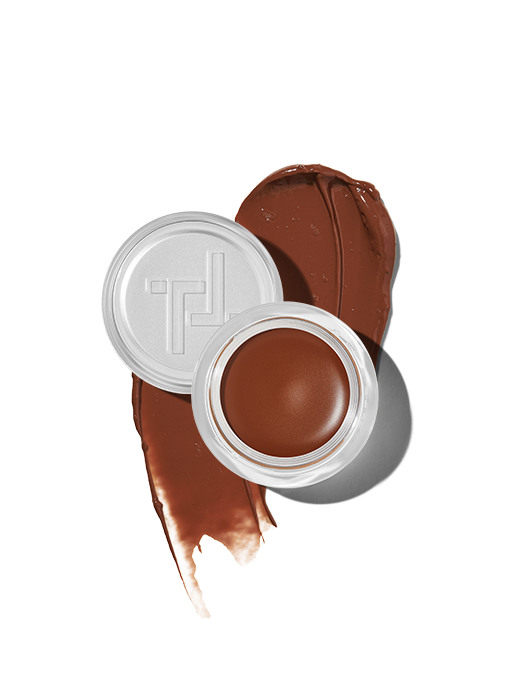
 Soala
Soala
Cremiger Bronzer für einen Hauch sonnengeküsster Wärme auf der Haut
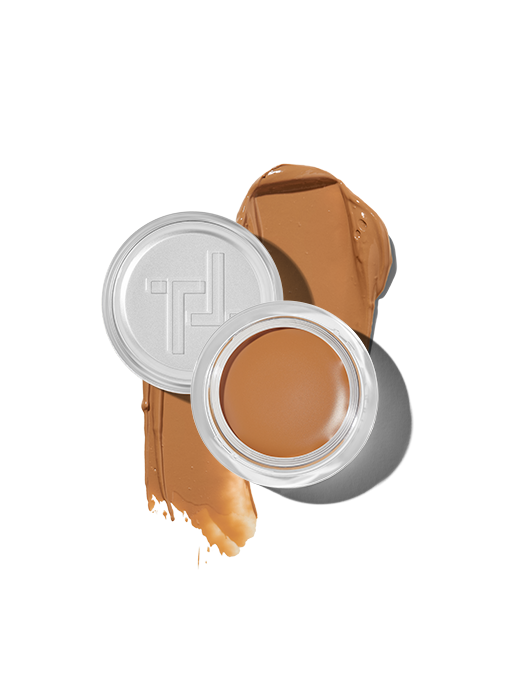
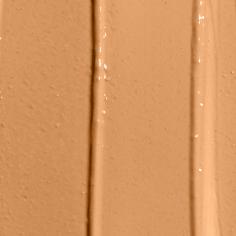 Jensta
Jensta
Cremiger Bronzer für einen Hauch sonnengeküsster Wärme auf der Haut
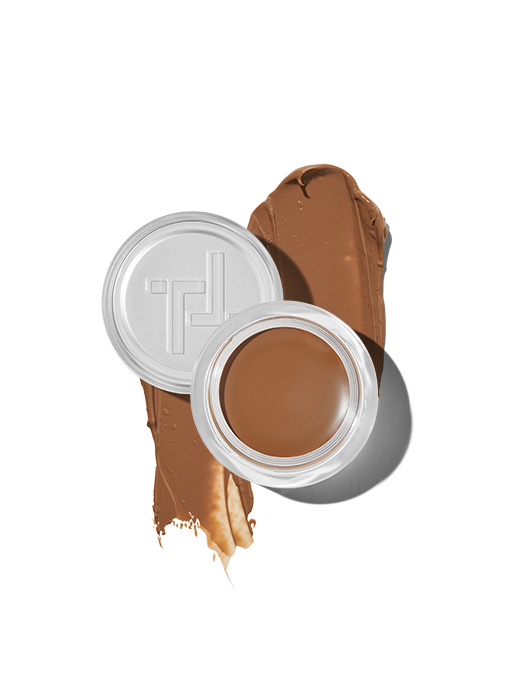
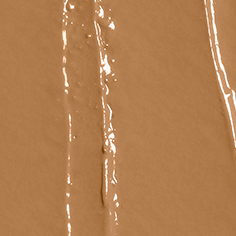 Gaia
Gaia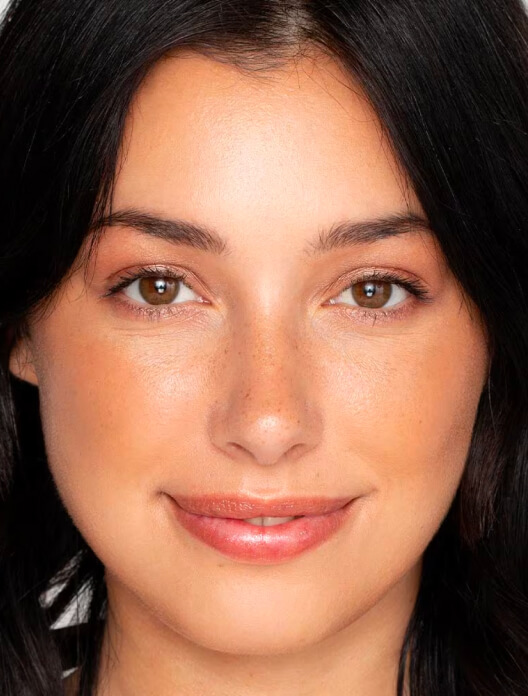
Cremiger Bronzer für einen Hauch sonnengeküsster Wärme auf der Haut
Shop the article



 4 Farbtöne
4 Farbtöne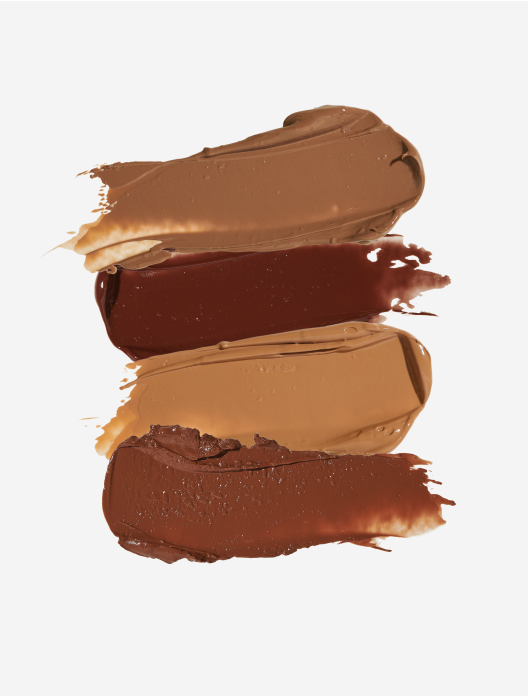
Cremiger Bronzer für einen Hauch sonnengeküsster Wärme auf der Haut
Farbton auswählen